Clear Up Bad Breath Before Christmas!
It happens to all of us at one time or another: bad breath! There are many different causes of bad breath, and there are several different ways to treat it. This blog will explore those causes and treatment options to help you face the holidays with fresh breath.
What Intraoral Factors Cause Bad Breath?
It seems like a no-brainer to say that since bad breath comes out of your mouth, the causes are in your mouth. This is almost always true. More than 90% of bad breath originates in the mouth. Here are some of the causes of bad breath from inside your mouth. There is one common denominator among all of these causes: bacterial overgrowth.
-
Cavities
Dental cavities occur when bacteria break through the hard outer shell of enamel. They are able to do this by producing acid, which weakens and softens enamel. As the enamel and underlying tooth structure break down, an actual cavity (or empty space) forms. This hole fills up with bacteria, plaque and food debris, and it creates a bad odor.
-
Gum Disease
 Gum disease is another cause of bad breath. As plaque builds up on a tooth, the bacterial toxins produced incite an inflammatory response from the body. In an attempt to “back away” from these toxins, the jawbone and gums pull away from the tooth, creating a pocket between the gums and tooth. This pocket is the perfect breeding ground for harmful bacteria. Deep pockets often contain large deposits of bacterial buildup, including both soft plaque and hard tartar accumulation.
Gum disease is another cause of bad breath. As plaque builds up on a tooth, the bacterial toxins produced incite an inflammatory response from the body. In an attempt to “back away” from these toxins, the jawbone and gums pull away from the tooth, creating a pocket between the gums and tooth. This pocket is the perfect breeding ground for harmful bacteria. Deep pockets often contain large deposits of bacterial buildup, including both soft plaque and hard tartar accumulation.
When you have your teeth cleaned with our dental hygienists, Phyllis and Nancy, they often measure your gums to check for pockets like this. Those numbers are important. The lower, the better! Higher numbers means deep pockets, which means a greater chance of bad breath.
-
Food Impaction
Do you have small gaps or spaces between the teeth where food gets stuck? You may think this is no big deal, but it could be a major cause of bad breath. Unless you immediately go to floss the impacted food debris out, you are allowing a bad breath situation to arise. Imagine all of those spots collecting food as tiny kitchen trash cans. That’s basically what they are. And eventually, they will smell like kitchen trash cans, too.
-
Dry Mouth
Dry mouth has become one of the most common dental problems we see due to the increasing usage of prescription medications. Most medications reduce your body’s natural production of saliva and lead to dry mouth as a side effect. There are many other complications of dry mouth. Bad breath is just one of them.
Saliva fights bacteria and protects the mouth against overgrowth problems that result in cavities and gum disease. Saliva contains important enzymes for fighting bacteria, and if it is not present, the bacteria proliferate at a faster rate.
-
Tongue Buildup
Another common cause of bad breath is bacterial buildup in the various nooks and crannies of the tongue. All of the bumps on the tongue (called papillae) can be a hiding spot for stinky bacteria. Most people can manage the tongue with simple mouthwash or lightly brushing the tongue. Because all people are a little unique, some have a bumpier tongue than others do, which puts them at a higher risk for bad breath from tongue buildup.
What Factors Outside the Mouth Can Cause Bad Breath?
So where does the other almost ten percent of bad breath come from? The other sources of bad breath reside in the nasal passages (including sinuses), tonsils, and the GI tract. Because these are less common, you should seek help from the dentist first. Then if you rule out intraoral causes of bad breath, you should see these two specialists.
-
ENT
Bad breath can result from chronic sinus infections because they consist of bacterial buildup in the sinuses. Allergies that lead to consistent post-nasal drip can also cause bad breath. Another origin of bad breath that an ENT can address is buildup of bacteria in the tiny grooves of the tonsils.
-
Gastroenterologist
A GI doctor can also help investigate non-intraoral causes of bad breath. GERD (acid reflux) and infections in the gut can produce a bad smell that comes up the esophagus and out of the mouth.
What is the Most Common Cause of Bad Breath?
Among all people, untreated dental disease (including both cavities and gum disease) is the most common cause of bad breath. Among people who see a dentist regularly for routine cleanings, and therefore do not have untreated dental disease, the most likely culprit is a dry mouth.
Dry mouth seems to be getting more and more prevalent among our patients. This is most likely due to the prevalence of more prescription medications. Because this is one of the most common causes that we, as dentists, see on a regular basis, many of our recommendations for treating bad breath are actually addressing dry mouth.
How Can I Treat My Bad Breath?
You may already know that many “bad breath remedies” simply aim to mask the bad smell. We want to treat the cause of the bad breath.
-
Seek dental care to treat any dental disease.
This is the first, and most important, step to treating bad breath. Bad breath is only a symptom of dangerous dental diseases that could worsen and lead to much worse complications than just a bad smell!
If you have untreated dental problems (or do not know if you do), call us to schedule a consultation with our cosmetic dentists, Dr. Ann and Dr. Lauren, today. They will evaluate the health of your mouth and get to the bottom of any bad breath causes.
-
Prevent bacterial overgrowth with good home care.
Even if you see your dentist and dental hygienist regularly, you still have to do your part at home. Plaque, food debris and bacteria regroup and collect on tooth structure very rapidly. Fighting bad breath involves a serious commitment to great oral hygiene at home. This means brushing twice daily, flossing before bed every night, and using a specific mouthrinse recommended by your dentist or hygienist.
For some people, it also involves using extra tools or products to keep your mouth as clean as possible. Phyllis and Nancy are experts at teaching how to best clean your teeth at home. They will show you any extra tools you may need to use and demonstrate specifically how to use them.
-
Stay hydrated and address any dry mouth problems.
Again, you will receive some specific recommendations from Dr. Ann, Dr. Lauren, Phyllis and Nancy about how to keep your mouth moisturized. There are some great over-the-counter products for dry mouth available that we discuss in the next section.
-
Immediately dislodge impacted food.
If you do have small gaps for food to get stuck, don’t wait until you get home to remove it! Carry floss or GUM Soft Picks with you to dislodge any food that is caught immediately. Remember the kitchen trash can. The longer it stays in your mouth, the worse it smells!
-
Clean your tongue.
For those of you with a bumpier tongue and more hiding spots for bacteria, add a tongue cleaning to your oral hygiene routine. Our favorite one is the BreathRx Tongue Cleaner, which is flexible and gentle in removing buildup from the back of the tongue.
What are the Best Over-the-Counter Products for Bad Breath?
- Alcohol-free Mouthwash – Alcohol has a drying effect on the mouth, so using mouthwash with alcohol actually makes things worse. Most people mistakenly believe that a very strong, stinging mouthwash is better at removing bacteria. This is false. Go with a mild mouthwash that is alcohol-free and lubricating. Our favorites are Hydris by Colgate, Biotene, and of course, CariFree!
- Ice Cubes Chewing Gum – Chewing this gum stimulates saliva and helps clear away bad breath from your last meal! It also contains xylitol, which stops bacteria from reproducing.
- BreathRx Tongue Cleaner – Discussed above, this is the best way to clean your bumpy tongue.
- XyliMelts – These small discs that stick to the inner lining of your mouth release a lubricating gel and minty sweet flavor throughout the night. This treats nighttime dry mouth and morning breath! They are such a great product and easy to use. Simply stick one to the roof of your mouth after brushing, flossing and rinsing. Awake to fresh breath!
More Questions about Bad Breath?
Call today to schedule an appointment with Dr. Ann, Dr. Lauren or our hygienists Phyllis and Nancy. We will help you uncover the source of your bad breath and treat the source once and for all!
